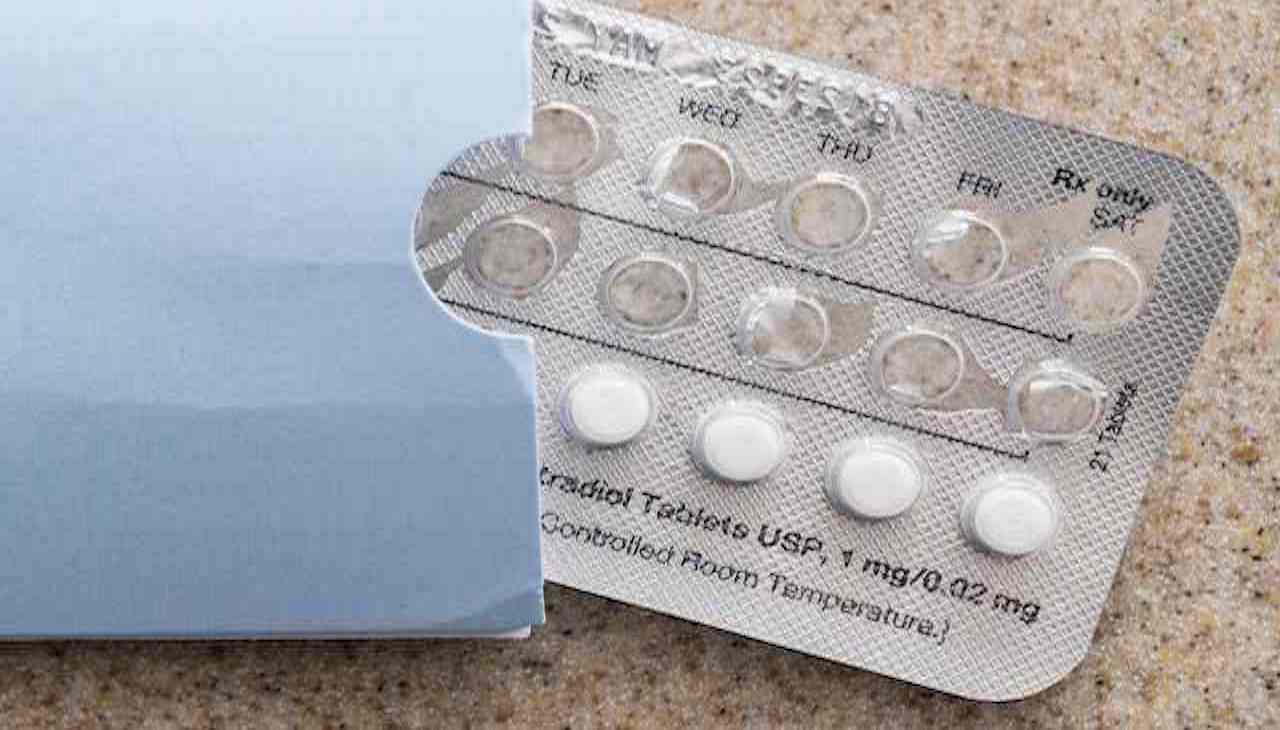
First over-the-counter birth control pill in the U.S. gets FDA approval
In a major win for women’s reproductive rights, the Food and Drug Administration on Thursday, July 13 approved the oral contraceptive Opill for over-the-counter sales. It is the first hormonal contraceptive pill available in America without a prescription.
Also known as the "mini-pill," Opill contains one hormone, progestin, and requires a daily dosage. It was first approved by the FDA as a prescription in 1973.
"This is a monumental decision," said Dr. Melissa Simon, a professor of clinical gynecology at Northwestern University. "OTC birth control is available in over 100 countries, so we've been behind in availing safe, effective methods such as this oral contraceptive pill to individuals who are trying to avoid pregnancy."
The approval is a big win in what has been a fight over women’s reproductive rights as well as medical groups, including the American Medical Association and the American College of Obstetricians and Gynecologists, which have been pushing for years for an over-the-counter (OTC) birth control pill.
Over-the-counter birth control pills are available in over 100 countries, according to Free the Pill, an advocacy group that educates about birth control.
The FDA said they are approving the over-the-counter version for all users of reproductive age, including teenagers, which many hope will remove barriers to access as well as decrease the number of unintended pregnancies.
“When used as directed, daily oral contraception is safe and is expected to be more effective than currently available nonprescription contraceptive methods in preventing unintended pregnancy," Dr. Patrizia Cavazzoni, director of the FDA’s Center for Drug Evaluation and Research, said in a release.
CONTENIDO RELACIONADO
Almost half of the 6.1 million pregnancies in the U.S. each year are unintended, according to the FDA.
The pill is 93% effective in preventing pregnancy with typical use which is comparable to prescription oral contraceptives. It has to be taken at the same time every day and if it isn't taken within a three-hour window, experts suggest a backup method such as a condom, for the next two days.
Thursday’s approval comes almost two months after an outside advisory committee unanimously voted to recommend Opill be made available without a prescription.
However, FDA scientists at the time had concerns about whether women with breast cancer or a history of breast cancer would know not to use the drug. FDA committee members ultimately said it should not be an issue as many women with breast cancer are aware of the dangers that could come with taking any hormonal contraceptives.
Side effects, such as vaginal bleeding, was another issue that was brought up for debate and whether users, especially teenagers, would know to seek the help of a healthcare provider, and like the breast cancer concern, the committee decided most women could determine on their own whether the pill was appropriate for them to use.
Opill is expected to be sold at most drug stores, convenience stores, grocery stores and online, according to the FDA. The maker of the Opill, Perrigo’s HRA Pharma, said it doesn’t expect it will be available until “early 2024.”
HRA Pharma have not made the cost public but experts say the price will need to be low since most over-the-counter medications are not usually covered by insurance.










DEJE UN COMENTARIO: